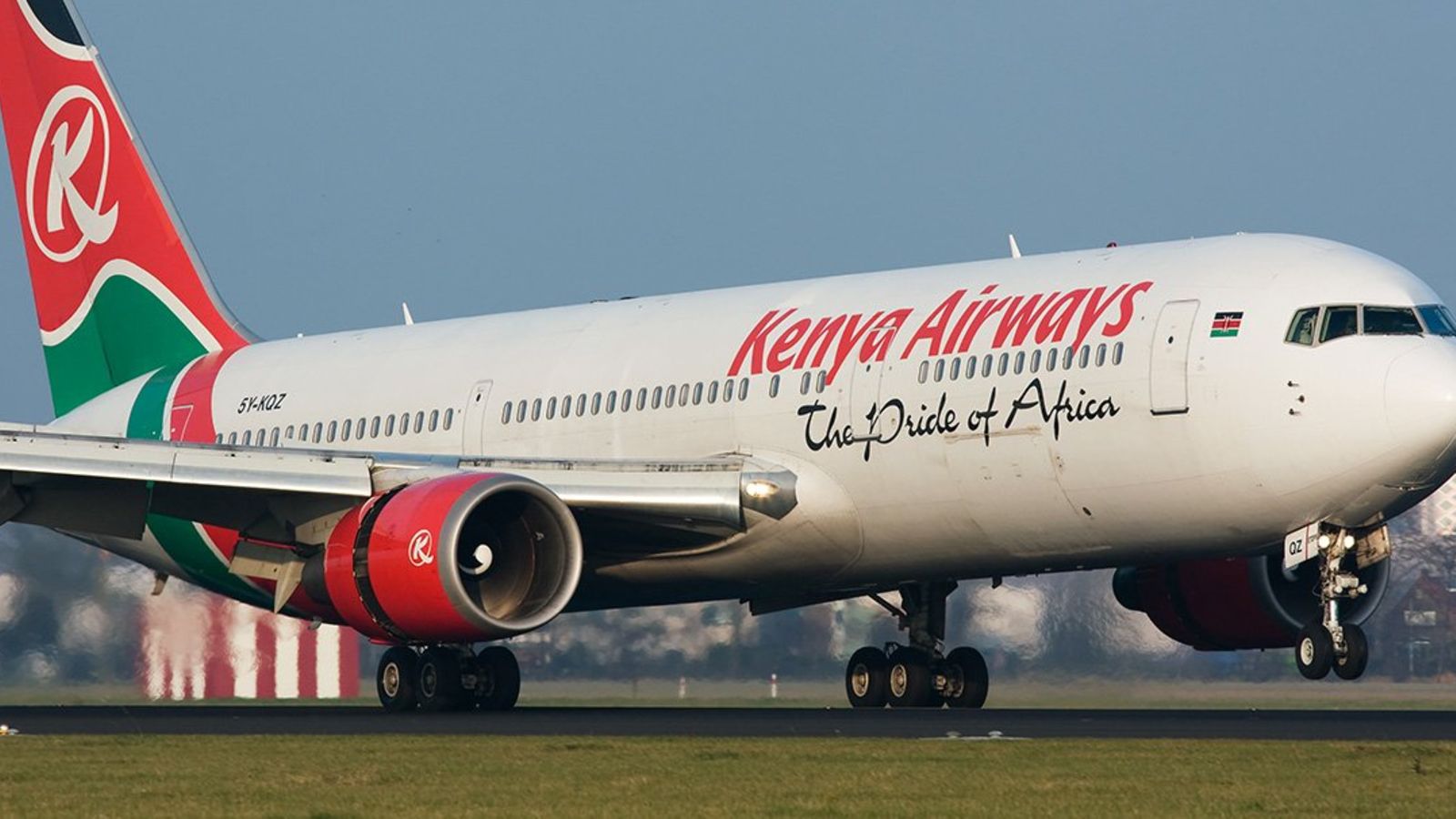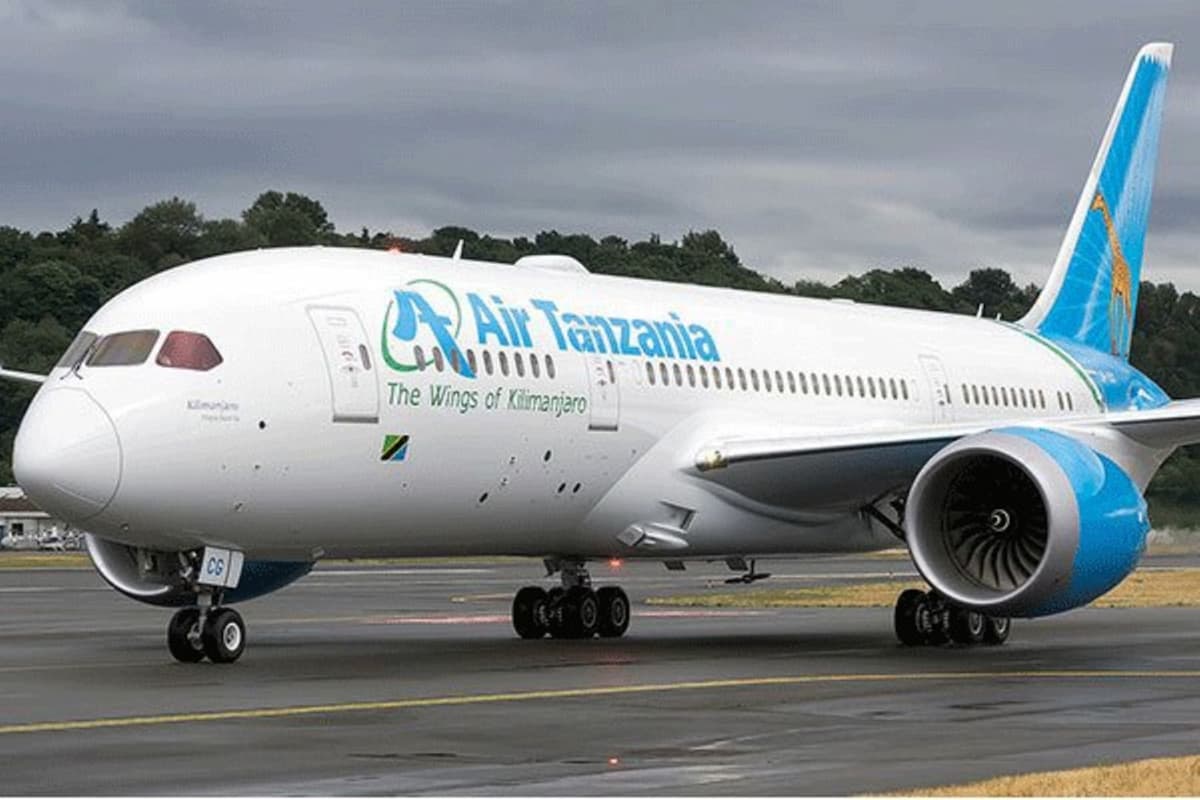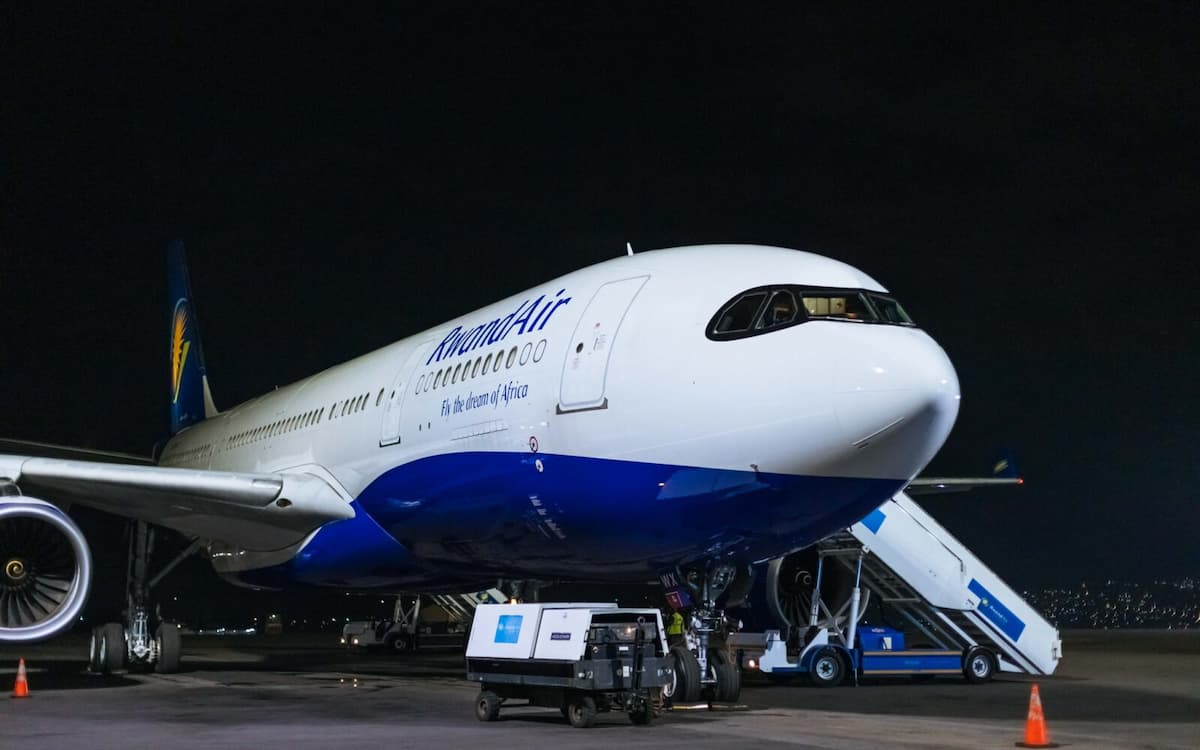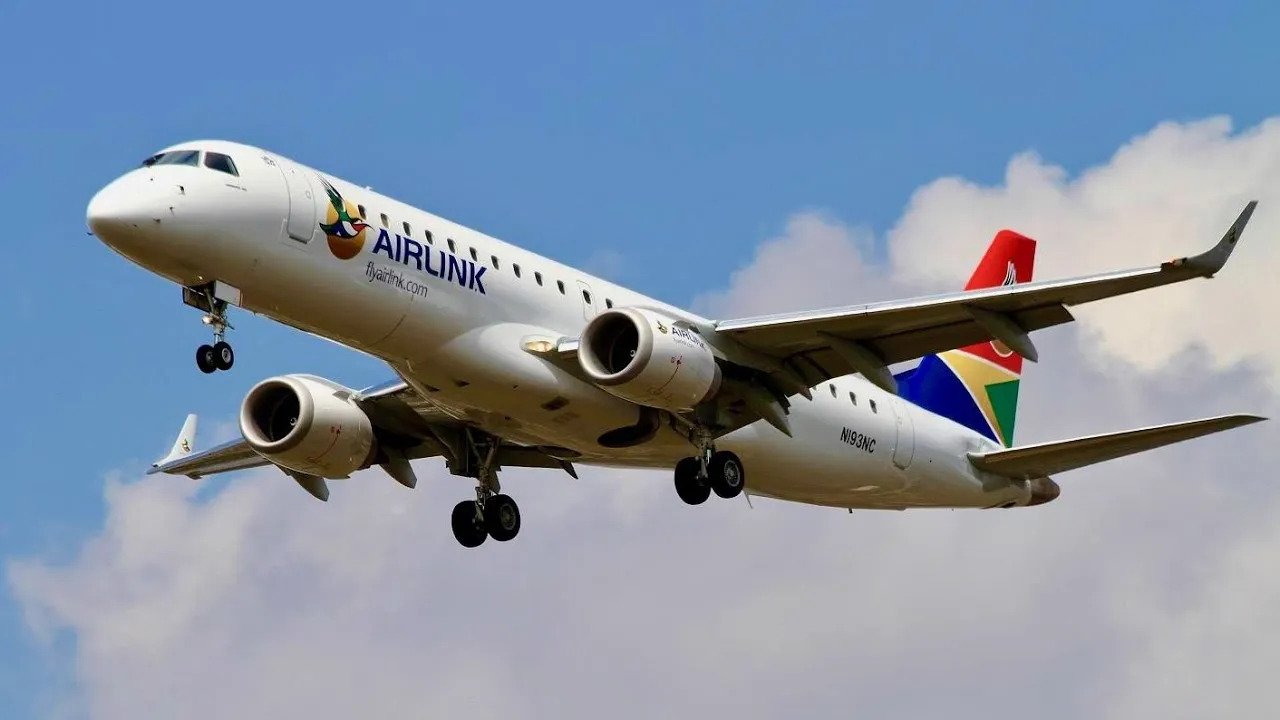The country has been at the forefront of creating a reliable ecosystem favourable for medical travel to thrive again.
In light of the pandemic, the healthcare sector, like any other industry, had to reassess its priorities and make constant adjustments to suit the shifting patterns. Among the difficulties it faced was the complete shutdown of medical travel due to travel restrictions and patients’ fear of hospital visits.
Fortunately, as we slowly emerge from the pandemic, medical travel is again gaining traction. In the UAE, important decisions taken in the early days to curtail the virus and the effective preventive measures put in place have catalysed the comeback. The country has been at the forefront of creating a reliable ecosystem favourable for medical travel to thrive again.
Recent research has found that the global medical tourism industry is estimated between US$35 to US$55 billion, with 12-14 million travellers taking medical trips each year for treatments including cosmetic surgery, reproductive health, dental and orthopaedic, amongst others. Reportedly, the growth rates for medical travel remain stable between 7-9 per cent, with the wellness tourism market expected to grow much faster at 20 per cent per annum.
The Asia-Pacific’s medical tourism industry is expected to grow at the highest rate., boasting advanced healthcare infrastructure and a skilled workforce to cater to international patients. Furthermore, the rise in the number of international health insurance providers is another factor that has contributed significantly to the growth of the global medical tourism industry.
Spotlight on the UAE
The UAE is expected to witness the fastest growth in the Middle East, supported by mandatory insurance in Dubai, expanding medical travel, increasing population and medical inflation. The country’s medical travel industry is expected to reach US$53.5 billion by 2028, with Dubai having a majority share of the medical travel market. The influx of international patients is expected to grow by 20 per cent from 2022.
The country is renowned for offering state-of-the-art services in plastic surgery, orthopaedics and sports medicine, ophthalmology, preventative healthcare, dental surgery, wellness, dermatology, and aesthetic procedures, among others.
The UAE’s decision to make private hospitals COVID-19-free was one of the several factors instrumental in bringing about this much-needed change. Compared to other preferred medical tourism destinations, a clear difference can be seen between the UAE’s approach to handling the pandemic, which has given the country a unique advantage. The structured approach that the government took made it a leading example for the rest of the world.
Furthermore, these measures have been crucial in building confidence among international patients. Moreover, major global airlines have returned to business as usual, while the hospitality industry is continuing to implement stringent hygiene control.
Also, most shopping malls, F&B outlets and entertainment industries are back in full swing, creating a much-needed tourism ecosystem. All these factors are boosting medical travel and creating an environment conducive to industry growth.
Looking at the Northern Emirates, last year, RAK Hospital in Ras Al Khaimah won two prestigious awards from World Medical Council (WMC) at WMC Excellence Awards 2022 in Dubai. Bagging the ‘Medical Tourism Hospital of The Year’ award, the healthcare institution was recognised for its commendable efforts in promoting UAE as a medical tourism destination across the globe and establishing the hospital as a preferred medical tourism destination.
At RAK Hospital, we have always worked in line with the UAE’s vision. With a department exclusively dedicated to foreign patients, we have created a vast network that ensures a complete, holistic and satisfying experience for patients from start to finish, both in terms of a welcoming environment and world-class treatment. Over the years, RAK Hospital has represented UAE on international platforms to generate medical travel into the country successfully. Moreover, it has also gained a reputation for successfully handling critical emergency surgical cases flown into the country, further cementing UAE on the medical travel map. In fact, we witnessed an increasing number of medical tourists and inquiries at RAK Hospital last month.
Regulatory initiatives
A collaborative approach across private and public healthcare providers and the UAE government is increasing, which is expected to drive better health outcomes and ensure the sustainability of the health ecosystem. Regulatory authorities and governments are working towards increasing access to accurate real-time health information and services for better planning of healthcare infrastructure and workforce and increasing better health outcomes.
For instance, the Dubai Health Authority (DHA) has launched the “Dubai Health Experience” as the world’s first medical tourism portal to boost medical travel. The Department of Health Abu Dhabi (DoH) and the Department of Culture and Tourism – Abu Dhabi has also launched the Abu Dhabi Medical Tourism e-portal. These portals allow visitors to book medical procedures and take advantage of discounted airfares, visas, medical insurance, hotel stays, leisure activities and more.
Leveraging telemedicine
As a result of the increasing adoption of “connected care”, technological advances have changed from the traditional asset-heavy hospital-related developments to pioneering medtech devices; to new sector niches, such as digital health, including its subcategories mobile health, wearable devices, telehealth and telemedicine, and personalised medicine.
The emergence of telemedicine as an essential communication tool has been a further boon for the medical travel industry. With the world shifting to virtual platforms due to the tough travel restrictions, telemedicine emerged as one of the most important means to establish regular contact between patients and healthcare professionals.
There are two primary areas of telemedicine:
- Teleconsultation enables patients (alone or accompanied by healthcare professionals) to consult a doctor remotely by means of technological tools.
- Telemonitoring enables a medical professional to interpret data collected in the patient’s living environment remotely and in real time.
I have always strongly felt that most medical tourists could opt for telemedicine for the first few initial consultations and procedures. To achieve this, we offer free teleconsultation to familiarise medical tourists with this route. At RAK hospital, our doctors actively engage with telemedicine patients worldwide and offer them best-in-class consultations, further cementing confidence in the tool. With immense growth opportunities available, telemedicine is already on the path to becoming a profit-making prospect.
Source: Omnia Health









